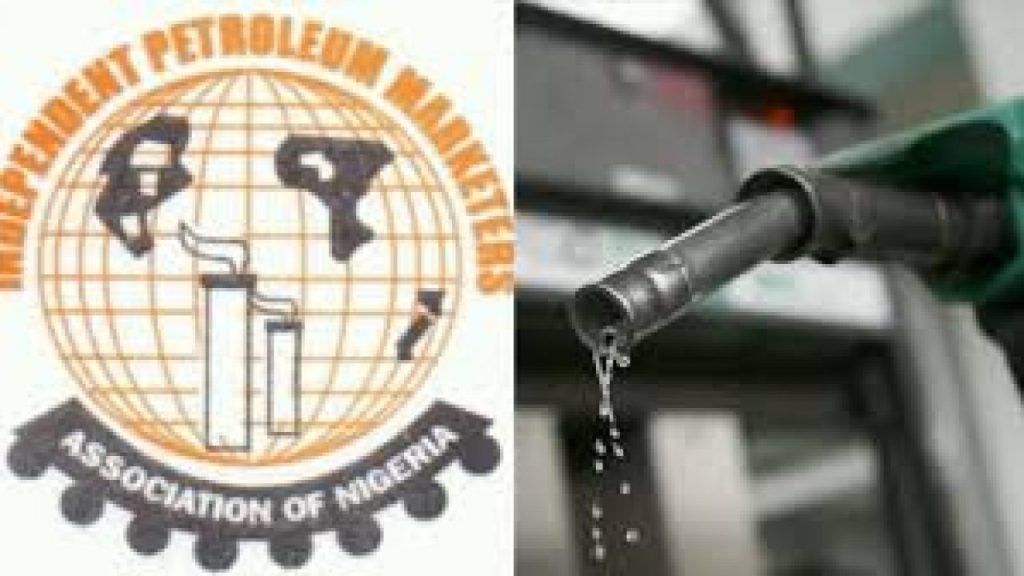The Independent Petroleum Marketers Association of Nigeria (IPMAN), a crucial player in Nigeria’s downstream petroleum sector, recently engaged with the Department of State Services (DSS) to address the persistent issue of unpaid fuel bridging claims by the Nigerian Midstream and Downstream Petroleum Regulatory Authority (NMDPRA). IPMAN’s National President, Abubakar Shettima, led a delegation to meet with Usman Dauda, the FCT Director of the DSS, to discuss this critical concern and acknowledge the positive impact of the DSS’s intervention in facilitating partial payment of the outstanding debt. This meeting underscored the vital role of interagency cooperation in resolving complex economic challenges and maintaining stability within the petroleum sector. Shettima’s visit not only highlighted the ongoing financial strain on independent marketers but also served as a platform to commend the DSS for its role in mediating the dispute and promoting peace within the FCT.
The core issue revolves around the NMDPRA’s failure to fully settle the substantial fuel bridging claims owed to IPMAN members. Fuel bridging claims represent the government’s reimbursement to oil marketers for the costs incurred in transporting petroleum products from depots to various states across Nigeria. This mechanism ensures a uniform fuel price nationwide, regardless of the logistical challenges and varying transportation costs associated with reaching different regions. The outstanding debt, estimated at N200 billion, has placed a significant financial burden on independent marketers, threatening their operational viability and potentially disrupting the fuel supply chain. While the NMDPRA has partially addressed the issue with a payment of N50 billion, the remaining balance continues to be a major point of contention.
IPMAN’s engagement with the DSS reflects the association’s ongoing efforts to secure the full payment of these vital claims. Last year, IPMAN threatened to shut down its 30,000 member stations across the country if the government failed to address the mounting debt, a move that could have crippled fuel distribution and caused widespread disruption. The DSS played a crucial role in mediating the situation, leading to the initial partial payment and averting a potential crisis. The recent meeting served as a follow-up to this intervention, with IPMAN reiterating the urgency of settling the remaining balance and emphasizing the importance of maintaining a stable and predictable business environment for independent marketers.
Shettima’s meeting with Dauda also provided an opportunity to acknowledge the broader context of the current administration’s efforts to revitalize the Nigerian economy. He commended President Bola Tinubu’s “Renewed Hope Agenda” and lauded the DSS Director-General, Adeola Ajayi, for fostering a productive partnership with IPMAN. This collaborative approach, he noted, has translated into tangible benefits for IPMAN members, demonstrating the positive outcomes achievable through constructive dialogue and interagency cooperation. Furthermore, Shettima expressed IPMAN’s commitment to supporting the DSS in maintaining peace and stability within the FCT, recognizing the critical role of security in ensuring a conducive environment for economic activities.
The DSS, in turn, affirmed its commitment to supporting IPMAN and acknowledged the association’s vital role in the nation’s economic well-being. Dauda, the FCT Director of Security, expressed appreciation for IPMAN’s visit and emphasized the importance of their partnership in ensuring the sustainable livelihood of Nigerians. He recognized IPMAN as a critical stakeholder in the downstream petroleum sector, underscoring the importance of their contribution to fuel distribution and economic stability. Dauda’s explicit support for Shettima’s leadership within IPMAN further solidified the collaborative relationship between the two organizations, signaling a commitment to continued engagement and dialogue.
In conclusion, the meeting between IPMAN and the DSS highlighted the ongoing challenges faced by independent petroleum marketers in Nigeria, particularly concerning the recovery of outstanding fuel bridging claims. While acknowledging the progress made through previous interventions by the DSS, IPMAN stressed the urgency of settling the remaining debt to ensure the financial viability of its members and maintain a stable fuel supply chain. The meeting also served as a testament to the importance of interagency cooperation and constructive dialogue in addressing complex economic issues and promoting stability within critical sectors like the downstream petroleum industry. The mutual recognition of each other’s roles and responsibilities, coupled with a commitment to continued engagement, lays the groundwork for a more collaborative and effective approach to resolving the challenges facing the petroleum sector and ensuring its contribution to Nigeria’s economic growth and development.


